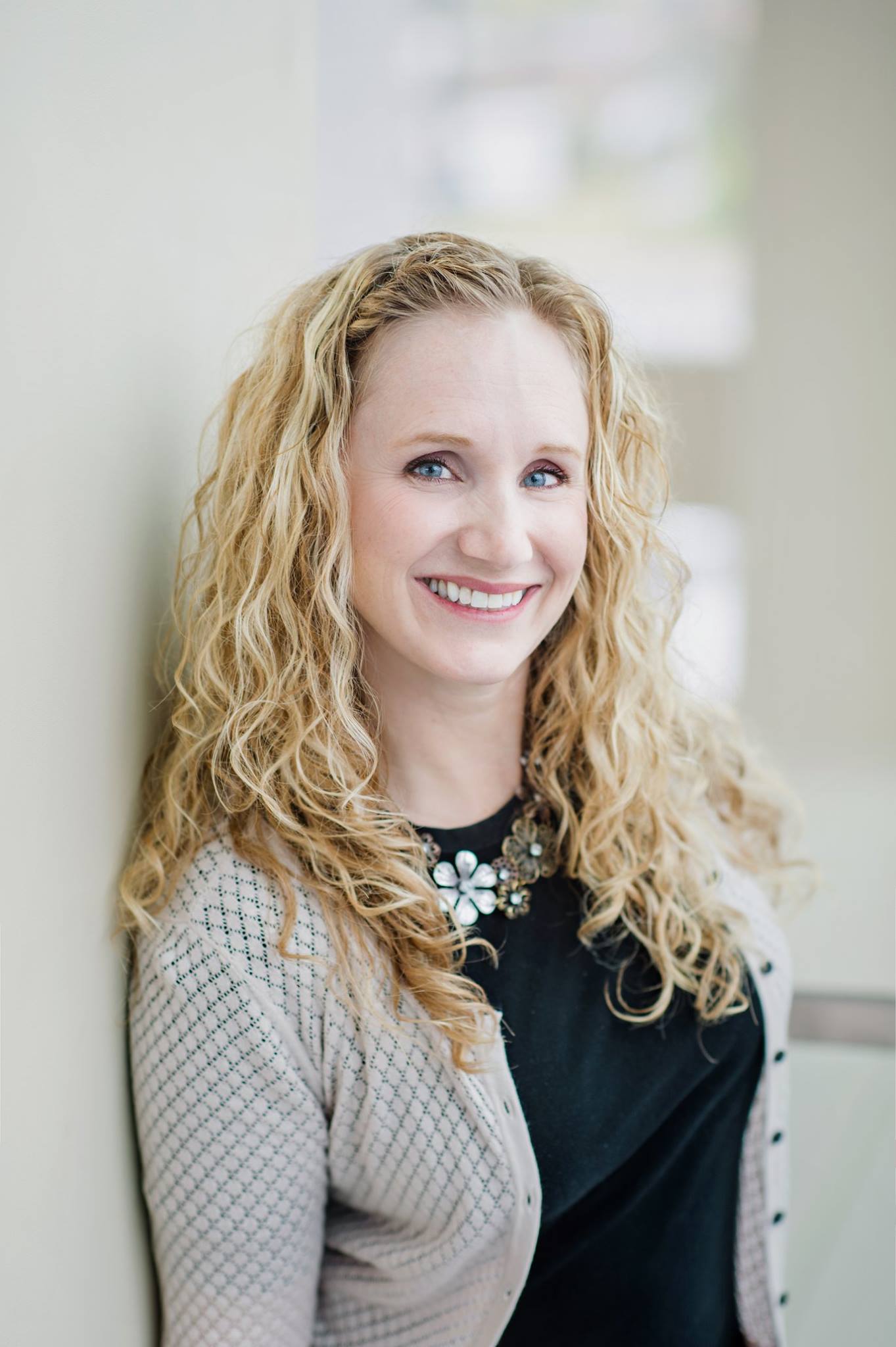We are always looking for guest writers to contribute articles. Interested? Contact us at [email protected].
Why You Don’t Want to Get Your Book Done Quickly
By Angela Eschler – “The quality of the book is a publisher’s best chance to convey the brand experience that will convert readers.”
Continue Reading Why You Don’t Want to Get Your Book Done Quickly
How to Master the Apostrophe
By Breanna Call – “The more you practice using apostrophes, the more confident you’ll be that you’re applying them correctly.”
Common Publishing Terms to Know
By Breanna Call – “As with any trade, there is a plethora of jargon. But there’s no need to be overwhelmed or confused as you step into your writing journey. We’ve got you covered.”
How “Save the Cat” Can Save Your Story – Part Five
By Ali Cross – “This is the darkest hour before the dawn, and the door through which your hero must pass to experience profound transformation.”
Continue Reading How “Save the Cat” Can Save Your Story – Part Five
The Five P’s to Pitching Your Book
By KaTrina Jackson – “There are things you can do to make pitching a positive experience—and increase your chances of landing that dream publisher!”
10 Writing Tips to Make Your Writing Glisten
By Kami Pehrson – “Incorporating these suggestions to align with your style will make your writing more effective, engaging, and concise.”
Continue Reading 10 Writing Tips to Make Your Writing Glisten
Powering through Your First Draft
By Tiffany Thomas – “Having a minimum daily goal will get you closer each day to finishing your rough draft.”
Pitching to Agents
By Elana Johnson – “If pitching to an agent gives you the heebie-jeebies, take comfort that you’re not alone.”
How “Save the Cat” Can Save Your Story – Part Three
By Ali Cross – “Resonance is the key to hooking your reader and keeping their interest.”
Continue Reading How “Save the Cat” Can Save Your Story – Part Three
Art Can Make You a Better Writer
By Cathy Witbeck – Art will stimulate your mind, boost your creativity, and help you become a better writer.
Four Steps to a Page-Turner
No one wants to write at tortoise speed or produce a book that would make a tortoise yawn.
How “Save the Cat” Can Save Your Story—Part Two
Failing to establish these early beats is like trying to change a light bulb while standing on a cardboard box. You’re more likely to crash through the box than brighten your room.
Continue Reading How “Save the Cat” Can Save Your Story—Part Two
Tomorrow I Will Write a Book
By Mariah K. Porter – When you make your art a priority in every sense, you will find yourself able to stop procrastinating and become more productive.
How “Save the Cat” Can Save Your Story – Part One
By Ali Cross – The Save the Cat method makes the novel-writing process like a road trip with rest stops along the way.
Continue Reading How “Save the Cat” Can Save Your Story – Part One
Combining Art and Writing
By Cathy Witbeck – While art can enhance the way we look at the world, writing helps us process words and ideas.
Writing Meaningful Struggles: Using Different Character Arcs
By September C. Fawkes – When you have a clear idea of your protagonist’s type of arc, you will have a clearer idea of how to shape their story.
Continue Reading Writing Meaningful Struggles: Using Different Character Arcs
The Importance of a Good Book Cover
By Jeff Wheeler – Readers do judge a book by the cover, so it’s important to hire a professional cover designer because you don’t get a second chance to make that first impression.
How I Research for a Historical Project
By Heather B. Moore – If you’re planning to write a historical novel or other project, research is vital to developing the story and bringing credibility to your work.
Tips for the Creative Parent
By Tristi Pinkston – The Lord will bless your sincere desires to serve Him both as a parent and as a light to others by means of your art.
Channeling Your Inner Voice
By LDSPMA – Readers, agents, and publishers all want the same thing—a book they connect to and can’t put down. And most often, that means a book with voice.
How LDSPMA Changed My Life—- and Can Change Yours
By Tyler Brian Nelson – In two short days at the 2019 LDSPMA Conference, I went from feeling like writing could be a hobby . . . to something that I could actually make into a career.
Continue Reading How LDSPMA Changed My Life—- and Can Change Yours
How to Publish Your Audiobook for Less
By Sapphire Hodges – Authors can do a lot of the work themselves for less cost and learn something along the way.
The Power of Asking ‘Why?’: Improving the depth and credibility of your writing
By Howard Collette – Asking questions while researching your book (or preparing for a presentation, podcast, interview, etc.) will add depth and understanding to your work.
Continue Reading The Power of Asking ‘Why?’: Improving the depth and credibility of your writing
Presenting Moral Themes for a Secular Audience
By Emma Heggem – When our moral beliefs work their way into our stories, how do we avoid coming across as “preachy” or “simplistic”? By handling these themes with honesty and complexity.
Continue Reading Presenting Moral Themes for a Secular Audience
Why Fiction Is as Precious to God as Nonfiction
By Nicole Bay – When I began writing fiction, I wondered if my creative time would be better spent researching family histories or writing religious nonfiction. I thought about it, worried about it, and prayed about it. My prayers were answered in several ways over the course of a few years.
Continue Reading Why Fiction Is as Precious to God as Nonfiction
The Lady and the Map of Sorrow: How Stories can Offer Direction in Dark Times
By Bridgette Tuckfield – Truths (and the stories they’re embedded in) can be maps through darkness and despair. This is the case whether they are an ultimate truth such as Elder Palmer spoke of, or a small one like in Howl’s Moving Castle.
Continue Reading The Lady and the Map of Sorrow: How Stories can Offer Direction in Dark Times
Cussing & Creating: 3 Reasons Why You Shouldn’t (& Should!) Use Profanities in Your Writing
By Lizzy Pingry – Writers must evaluate the way they express themselves: how does our use of language and its profanities build or destroy our stories?
Questions Every Writer Should Ask Themselves
By Steve Dunn Hanson – How we answer the “Why” and “Where” questions will affect the content, quality, and impact of our creativity. But those responses beg another question: is our writing congruous with who we really want to be eternally?
Continue Reading Questions Every Writer Should Ask Themselves
Showing Versus Telling to Write Compelling Dialogue
By Emma Heggem – Don’t waste time with dialogue that isn’t going to strengthen your story. Focus on the moments that readers truly need to hear (read) about and you will end up having a much easier time keeping them interested and invested.
Continue Reading Showing Versus Telling to Write Compelling Dialogue
Remembering Heaven: A Documentary and My Appreciation to LDSPMA For Making It Happen
By Sarah Hinze – For many years I have collected stories about heaven—not only the heaven we go home to, but the heaven we come from before we are born. Through connections made at the 2018 LDSPMA Conference, I was able to turn these stories into an award-winning documentary.
How to Start a Blog
By Oakli Van Meter – Whatever you choose, make sure it’s something you’re passionate about. Something you can write about pretty much every week.
18 Books and Podcasts Recommended by LDSPMA Members
By LDSPMA – LDSPMA is all about publications and media. But which publications? Which media? Before we jump into our March theme—“A Month of Editing”—let’s see what LDSPMA members and friends are immersing themselves in.
Continue Reading 18 Books and Podcasts Recommended by LDSPMA Members
Trusting Your Teenage Writer: Three Tips to Avoid Overwriting
By LoriAnne Spear – Many of us novice writers overwrite in our insecure attempt to sound like a real writer. We use flowery language or big words so the reader will believe we’re legit. Instead, we produce overwrought writing and get in our own way.
Continue Reading Trusting Your Teenage Writer: Three Tips to Avoid Overwriting
From the Writer's Toolbox: Thematic Purpose
By Alice M. Batzel – Having a theme can provide a vital constructive framework and anchor in all genres yet still allow the artist’s voice to be creative, authentic, and unique. It’s also applicable to music composition and performance, vocal performance, film production, visual art, graphic design, and marketing. Having a theme can also direct our lives, our goals, and reaffirm the purpose of our work. An artistic expression that reflects a particular theme and or mission statement is a powerful voice, the equivalent of a signature.
Continue Reading From the Writer's Toolbox: Thematic Purpose
Theme: The Deeper Truth Within Your Story
By Josi Kilpack – Theme can be a difficult concept to pin down and is often explained as “what the story is about.” It’s a fair enough definition except that it can confuse theme with the subject or genre. For instance, it’s easy to say your romance novel is about love or your mystery novel is about justice. That’s true, but those are not the deeper truth, which is how I define theme. Theme is what stays with the reader after the story ends; it’s what makes them look at how that deeper truth plays out in their own life or understanding of the world.
21 Books to Help You Learn Your Craft
BY LDSPMA – [You’ll find] a list of books that have helped a few of our LDSPMA board members learn their crafts. I encourage you to take a look and maybe add one or two (or three) of these wonderful books to your “must read in the near future” list.
Advice from the Experts: Josi S. Kilpack (Author, Wife, Mother)
By LDSPMA – Some of my favorite things I discovered about Josi during our interview are her love for watching the same movies over and over again, the way she is constantly challenging herself to be better writer, and her determination to use failures as an opportunity to learn how to succeed. I hope some of the things Josi shares will not only help you learn to succeed but be a miracle in your life.
Continue Reading Advice from the Experts: Josi S. Kilpack (Author, Wife, Mother)
Advice from the Experts: Liz Adair (Wife, Mother, Mentor, Author)
By Lessa Harding – The first time I met Liz, I experienced what other aspiring authors experience when they’re lucky enough to meet Liz: the overwhelming feeling that I could do anything I wanted to do….As you read the following insights she shared for this article, I hope some of the encouragement and confidence Liz exudes will leap off the paper and help you walk your own path.
Continue Reading Advice from the Experts: Liz Adair (Wife, Mother, Mentor, Author)
Novellas: Why You Should Be Writing Them
By Heather B. Moore – How to write a novella? Many novelists struggle with writing a shorter version of their full-length novel. In that same vein, writing a 20,000 word novella compared to a 40,000 word novella requires a different strategy. I’ve included tips on crafting your novella in a way that will satisfy the reader and help you stick to an appropriate word count.
Advice from the Experts: Marianna Richardson (Author, Professor, Wife, Mother)
By Lessa Harding – My favorite quote from Marianna during our interview is no surprise given our history. When I asked her how she balanced having a family and a career, she said: “The key is time. I didn’t do it all at once. I was an at-home mom for 40 years… The biggest frustration I see with a lot of women is they [think they] have to do it all now. . . . You don’t.”
Continue Reading Advice from the Experts: Marianna Richardson (Author, Professor, Wife, Mother)
10 Common Mistakes Your Editor Wants You to Fix
By Lessa Harding – I’ve always struggled with where to use commas, how to use modifiers, and how to properly cite sources. So, to help us all out, I asked Suzy Bills and Marianna Richardson, who teach editing and writing courses at BYU, to list some of the most common mistakes they see in university writing assignments and professional publications.
Continue Reading 10 Common Mistakes Your Editor Wants You to Fix
Advice from the Experts: Terry Deighton (Author, Wife, Mother)
By Lessa Harding – Terry fully admits to having to work to develop the thick skin—and, I would add, the courage—required to send her work into the wide world of publishing. Terry told me that “the hardest thing I’ve had to learn is not to be hurt by criticism. It’s important to let it sit until it doesn’t hurt anymore and then look at it objectively and see how you can revise your writing to make it better.”
Continue Reading Advice from the Experts: Terry Deighton (Author, Wife, Mother)
The Thirty-Two Words That Changed How I Viewed Myself as a Writer
By Kristen Reber – “I have never sought to do anything other than to build His kingdom,” Sheri Dew said. “And as a result, I have had the opportunity to be in the presence of prophets, seers, and revelators.” …She chose to open with a line that praised the Lord and placed herself in the position of a humble servant rather than as a great leader. Her example, expressed in just thirty-two words, struck me. They changed how I view myself as a writer.
Continue Reading The Thirty-Two Words That Changed How I Viewed Myself as a Writer
The Three-Legged Stool of Excellent Writers
By Janet T. Perry – A savvy business friend who interviews job candidates once told me he looks for three things in future employees: accuracy, timeliness, and added value. Like the legs of a three-legged stool, each of these “Big 3” qualities bears equal weight in excellent writing.
Continue Reading The Three-Legged Stool of Excellent Writers
The 3 Cs of Editing: Clarity, Consistency, and Correctness.
By Devan Jensen – As editors, we focus on three Cs: clarity, consistency, and correctness.
Continue Reading The 3 Cs of Editing: Clarity, Consistency, and Correctness.
Katherine Farmer’s “Cracking the Story Code”
By Amy White – You will find that, as you match your work’s target age with their developmental capabilities through deliberate plot management, you will be keeping those audience gateways open. And we as producers of narrative works should always be looking for those gates.
Continue Reading Katherine Farmer’s “Cracking the Story Code”













































